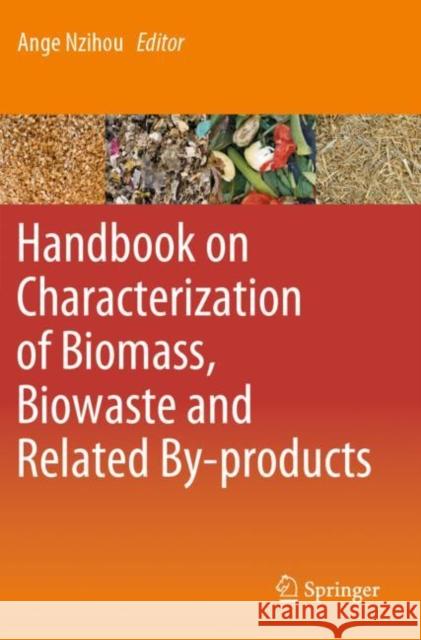Handbook on Characterization of Biomass, Biowaste and Related By-Products » książka
topmenu
Handbook on Characterization of Biomass, Biowaste and Related By-Products
ISBN-13: 9783030350222 / Angielski / Miękka / 2021 / 1387 str.
Handbook on Characterization of Biomass, Biowaste and Related By-Products
ISBN-13: 9783030350222 / Angielski / Miękka / 2021 / 1387 str.
cena 523,30
(netto: 498,38 VAT: 5%)
Najniższa cena z 30 dni: 501,19
(netto: 498,38 VAT: 5%)
Najniższa cena z 30 dni: 501,19
Termin realizacji zamówienia:
ok. 22 dni roboczych.
ok. 22 dni roboczych.
Darmowa dostawa!
Kategorie:
Kategorie BISAC:
Wydawca:
Springer
Język:
Angielski
ISBN-13:
9783030350222
Rok wydania:
2021
Wydanie:
2020
Ilość stron:
1387
Waga:
2.04 kg
Wymiary:
23.37 x 15.49 x 7.62
Oprawa:
Miękka
Wolumenów:
02











